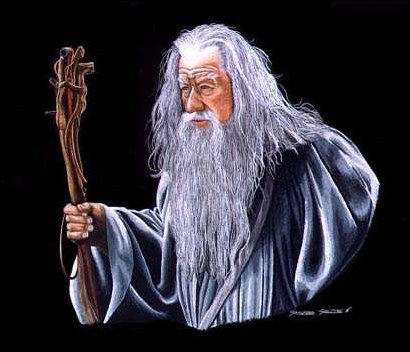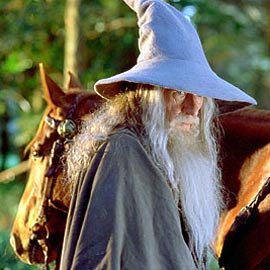Martin Luther King, Jr. was just a young man in his 20s when he burst on the national stage in Montgomery, Alabama as leader of the bus boycott. As the boycott went on, he increasingly became a target, quite literally, of white terrorists (a term of today intentionally applied to the circumstance). On January 30, 1956, his home, with his wife and baby inside, was bombed. An angry crowd- the people in town had grown attached to the eloquent newcomer- gathered outside his home. Dr. King's words to the crowd...
"We cannot solve this problem through retaliatory violence. We must meet violence with nonviolence. Remember the words of Jesus: 'He who lives by the sword will perish by the sword.' Remember that is what God said.... We must love our white brothers no matter what they do to us. We must make them know that we love them. Jesus still cries out in words that echo across the centuries: 'Love your enemies; bless those that curse you; pray for them that despitefully use you.' This is what we must live by. We must meet hate with love."
Love becomes a 'transformative power' for Dr. King. We transform ourselves, and we transform those who would be our enemies. In fact, love becomes the only such power in his eyes.
Is this message no longer valid? If so, then not only was Dr. King wrong, but, as he said, "If we are wrong, God Almighty is wrong... Jesus of Nazareth was merely a utopian dreamer... justice is a lie... [and] love has no meaning." We must decide whether we truly believe in the message of Jesus, and are thus followers of the way. If we are true followers of the way, then our current path in dealing with our terrorist problem cannot be the right one. We will not 'transform' our enemies with violence but with love. We cannot declare a war on terrorism and try to kill all the terrorists and expect a transformation to a safer, happier, more loving world. If we continue to pursue such a policy, we will also continue to make enemies faster than we can kill them.
The path of love is the only path. As the civil rights movement of the 1950s and 60s teaches us, this does not mean we fail to define and confront evil. It does not mean we sit and wait for the situation to improve on its own. It does not mean we are idealistic dreamers, but instead idealistic actors- believing in Jesus' message that we can create a just and beloved society (the Kingdom 'among/within us' in Luke's Gospel), and acting in accordance with that belief.
It also does not mean we will not suffer. Dr. King was murdered, and his family and the nation suffered. He knew this could happen to him from the beginning of his involvement in 1955 until his last speech in 1968 in which he spoke of his own death the night before he was killed.
But the suffering can be redemptive, and can create the world we wish to have, and that God wishes us to have. Through our suffering, through our sacrifice, we can create a world in which, as Dr. King said (quoting the prophet Amos) "justice rolls down like waters, and righteousness like a mighty stream."
Are we prepared to make the sacrifice as a nation? Or will we continue down the path that makes us feel superficially on the side of the right, but in fact leads us towards only more hatred and death?
We must choose.
GP


No comments:
Post a Comment